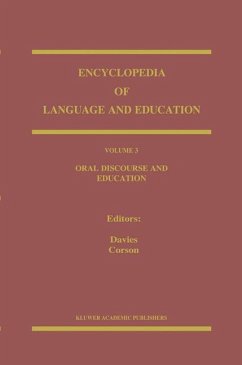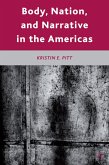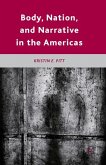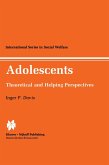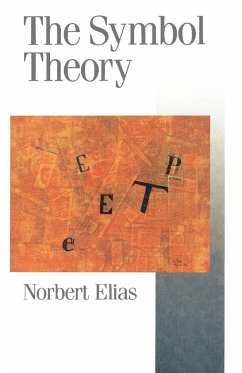Oral Discourse and Education examines spoken language as a field of study, looking at the various ways in which we can both theorise the place of talk in education, and examine the way talk is actually done in educational settings. Given the centrality of literacy-based practices in schools, a book focusing on talk brings quite different and important perspectives to the study of education. Talk is something that has all too often been devalued and taken for granted. What becomes evident throughout the papers included in this volume is that talk is of central importance in establishing identities and the cultures in which those identities are located. However, because we are unused to reflexively examining the way we talk, there is a serious disjuncture between what we believe talk should achieve and what can be seen to be achieved in actual talk in educational settings.
Anyone interested in teaching should read this book. Becoming more aware of the centrality of talk and what it achieves is important both for enabling us to find ways to bring our ideals more in line with our practices and for being able to recognise and reflect on the ways our talk can be achieving things quite other than what we intend. This book is relevant to teachers at primary, secondary and tertiary levels and for researchers interested in spoken language in educational contexts.
Hinweis: Dieser Artikel kann nur an eine deutsche Lieferadresse ausgeliefert werden.
Anyone interested in teaching should read this book. Becoming more aware of the centrality of talk and what it achieves is important both for enabling us to find ways to bring our ideals more in line with our practices and for being able to recognise and reflect on the ways our talk can be achieving things quite other than what we intend. This book is relevant to teachers at primary, secondary and tertiary levels and for researchers interested in spoken language in educational contexts.
Hinweis: Dieser Artikel kann nur an eine deutsche Lieferadresse ausgeliefert werden.

